Pharmaceutical coatings serve various purposes, from enhancing the appearance of tablets and capsules to improving drug efficacy. Whether it’s tablet coating or capsule coating, these processes are vital in ensuring that drugs are effective, safe, and appealing to patients.
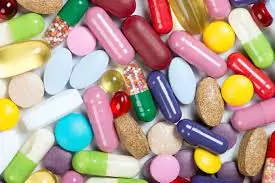
The coating process not only protects the active ingredients but can also control how the drug is released into the body, making it an essential part of pharmaceutical manufacturing.
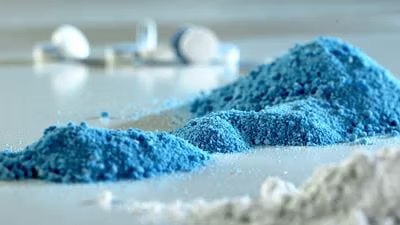
Ready To Boost Your Production With Premium Coating Machines? Get Started Today!
Pharmaceutical coatings have a wide range of applications in drug production. Some of the primary purposes include:
Both tablets and capsules benefit from coating by shielding the active ingredients from environmental factors like moisture, light, and air. This prevents degradation and prolongs the shelf life of the drug.
Many drugs have unpleasant tastes or odors, which can deter patients from taking them. Coatings help to mask these flavors, improving the patient experience and compliance.
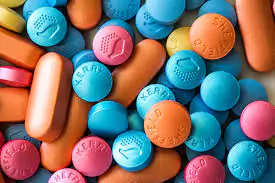
What is tablet coating? Tablet coating is the process of applying a thin, protective layer to the outer surface of a tablet. This layer can be made of sugar, polymers, or other materials depending on the specific needs of the drug.
Film coating is the most common method in modern pharmaceutical manufacturing, as it offers numerous advantages over traditional sugar coating, including thinner layers and faster processing times.
The purpose of tablet coating goes beyond mere aesthetics. Here are the main functions:
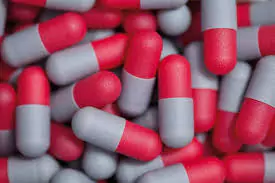
What is capsule coating? Capsule coating involves adding a protective layer to a capsule’s shell, which can be made from gelatin or other materials. This technique is less common than tablet coating but is used when additional protection or controlled-release mechanisms are necessary.
The primary purposes of capsule coating are similar to those of tablet coating, with a few specific applications:
| Factor | Key Points |
| Type of Coating | Choose based on coating type (e.g., film or enteric coating) with necessary control over pH and temperature. |
| Production Volume | Pick a machine suited for your batch size—small for trials, large for mass production. |
| Coating Uniformity | Ensure the machine provides even coating with precise controls, important for timed drug release. |
| Drying Capabilities | Good airflow and temperature control are needed to avoid issues like cracking or peeling during drying. |
| Compliance | Make sure the machine meets GMP and industry standards to pass quality checks. |
Selecting the right coating machine is crucial for ensuring that tablets or capsules are uniformly coated, which in turn affects drug quality and patient outcomes. There are several factors to consider when choosing the appropriate coating equipment:
Different types of coatings require different machines. Film coating is one of the most common and requires equipment that can apply a thin, even layer of coating material over the surface of the tablets.
Other machines are designed for more complex coatings, such as enteric coatings, which require precise control over the pH and temperature settings to ensure the coating only dissolves in the intestine.

Do You Know How Many Types of Coating There Are?
Whether you’re producing small-scale batches for clinical trials or large volumes for mass-market drugs, the size and capacity of your coating machine matter.
Laboratory-scale machines are ideal for small-batch production, while industrial-scale coaters are necessary for larger batches. Make sure to select a machine that can handle your required output efficiently.
Coating uniformity is critical in ensuring that each tablet or capsule receives the same amount of coating. This is especially important for controlled-release drugs, where an uneven coating could affect the timing and efficacy of drug release.
Advanced machines offer precise spray systems, automated controls, and temperature regulation to ensure even coating across all units.
The coating process typically involves the use of heat to dry the coating material onto the surface of the tablet or capsule.
Machines with well-controlled airflow systems and temperature settings are essential for achieving a smooth, defect-free finish. Poor drying can lead to common coating issues like cracking, peeling, or uneven surfaces.
Pharmaceutical production is heavily regulated, and your coating equipment needs to meet Good Manufacturing Practices (GMP) and other regulatory standards. Choosing a machine that complies with these standards ensures that your products will meet quality control checks and pass regulatory scrutiny.
Looking to upgrade your pharmaceutical coating process? Our range of coating machines is designed to deliver precise, uniform coatings for both tablets and capsules.
Whether you’re working with film coating or enteric-coated formulations, we have the right machine to meet your needs.
Contact us today to learn more about how our equipment can optimize your production line!
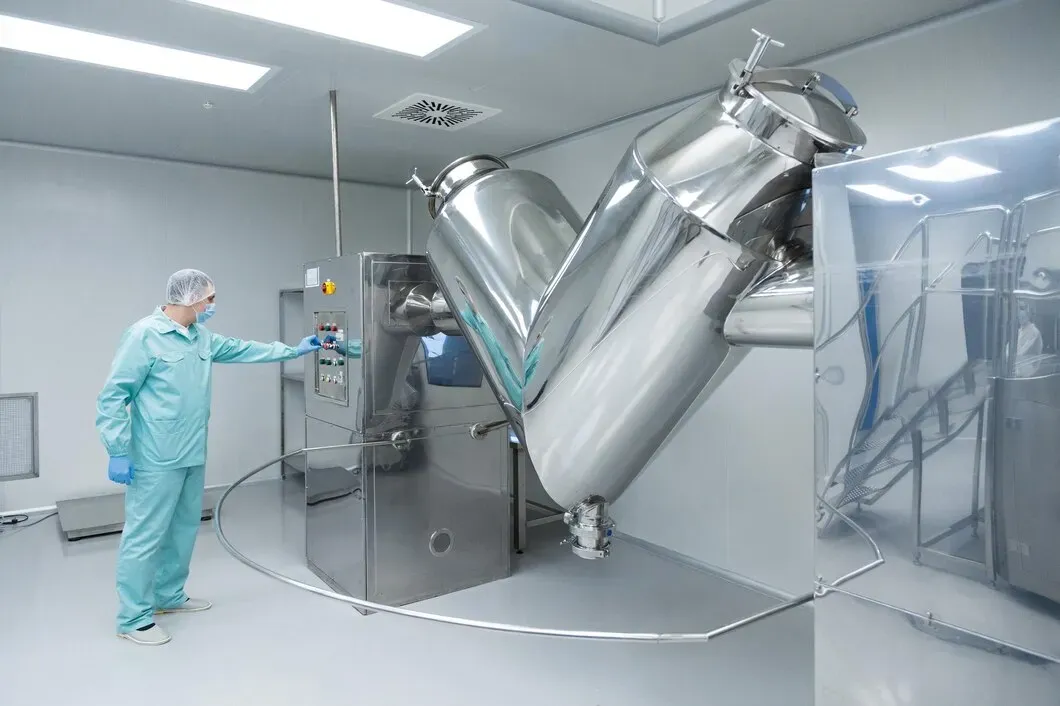
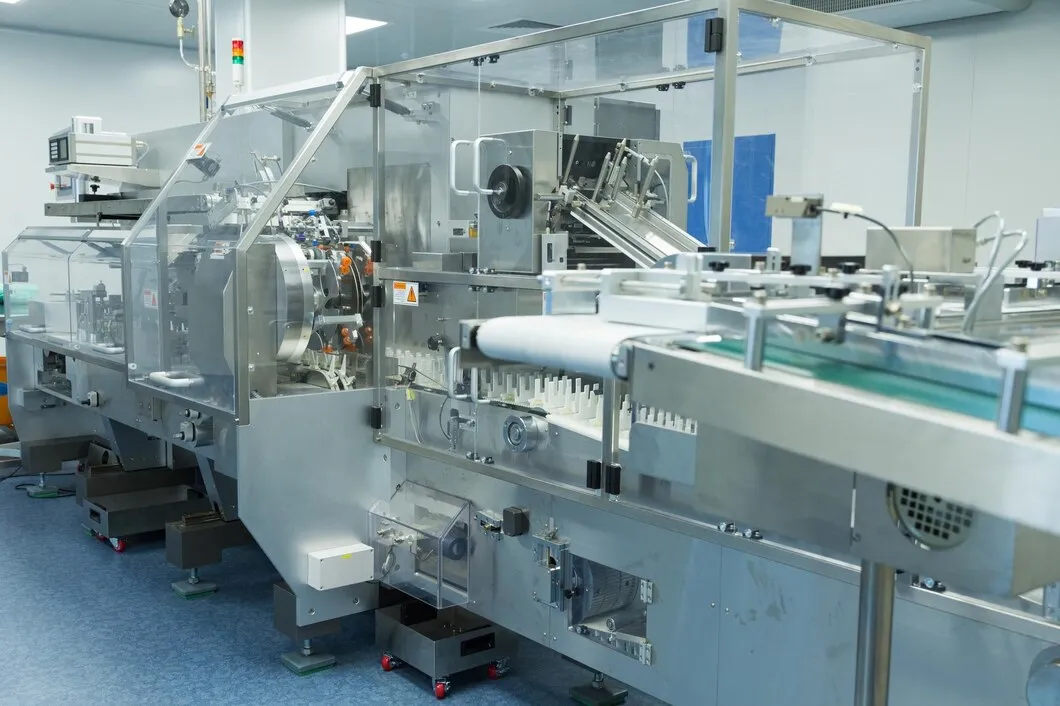
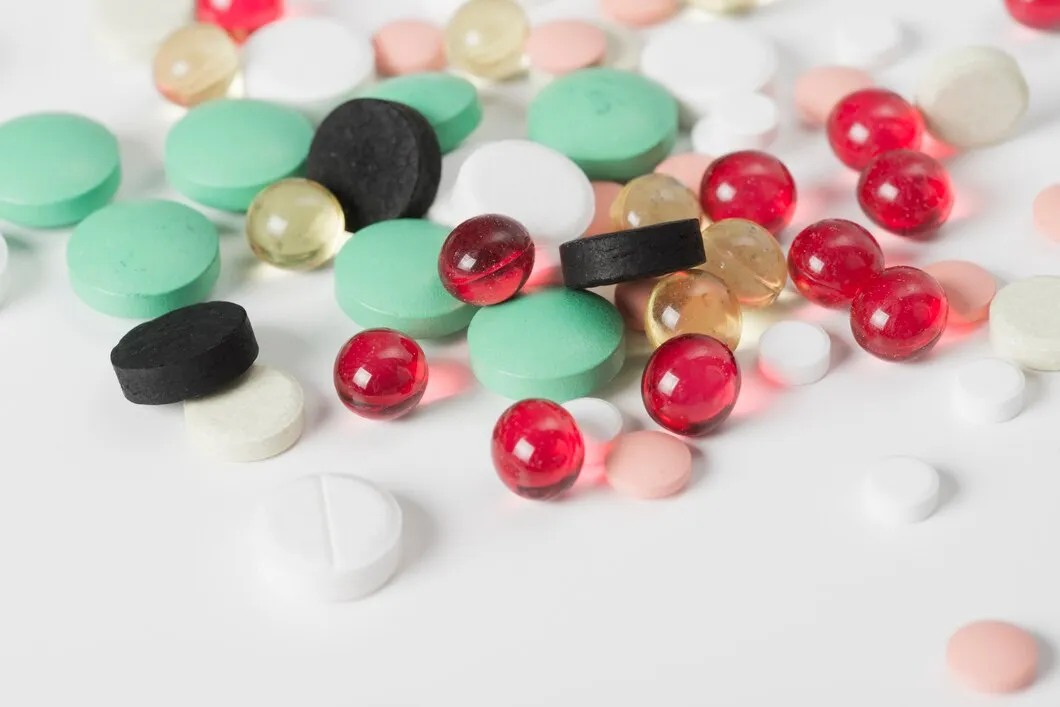

Before any drug reaches a patient, it starts in a lab. That’s where formulas are tested, batches are checked, and quality is either confirmed or questioned. To do that work right, labs depend on the right equipment—tools that don’t just get the job done, but do it with precision. If you’re responsible for running or […]

Blister packaging is everywhere in pharma—from tablets to capsules to sample packs. It protects the product, extends shelf life, and improves patient safety. But for manufacturers, it’s more than just packaging—it’s a system built around speed, precision, and compliance. If you’re in pharma manufacturing or packaging procurement, here’s what you need to know about blister […]

If you’re deciding how to deliver a pharmaceutical or supplement product, the format you choose—liquid gels or tablets—will shape more than just how it looks. It affects how the product is made, how fast it’s absorbed, what kind of equipment you’ll need, and how the end user experiences it. Some actives work better in a […]